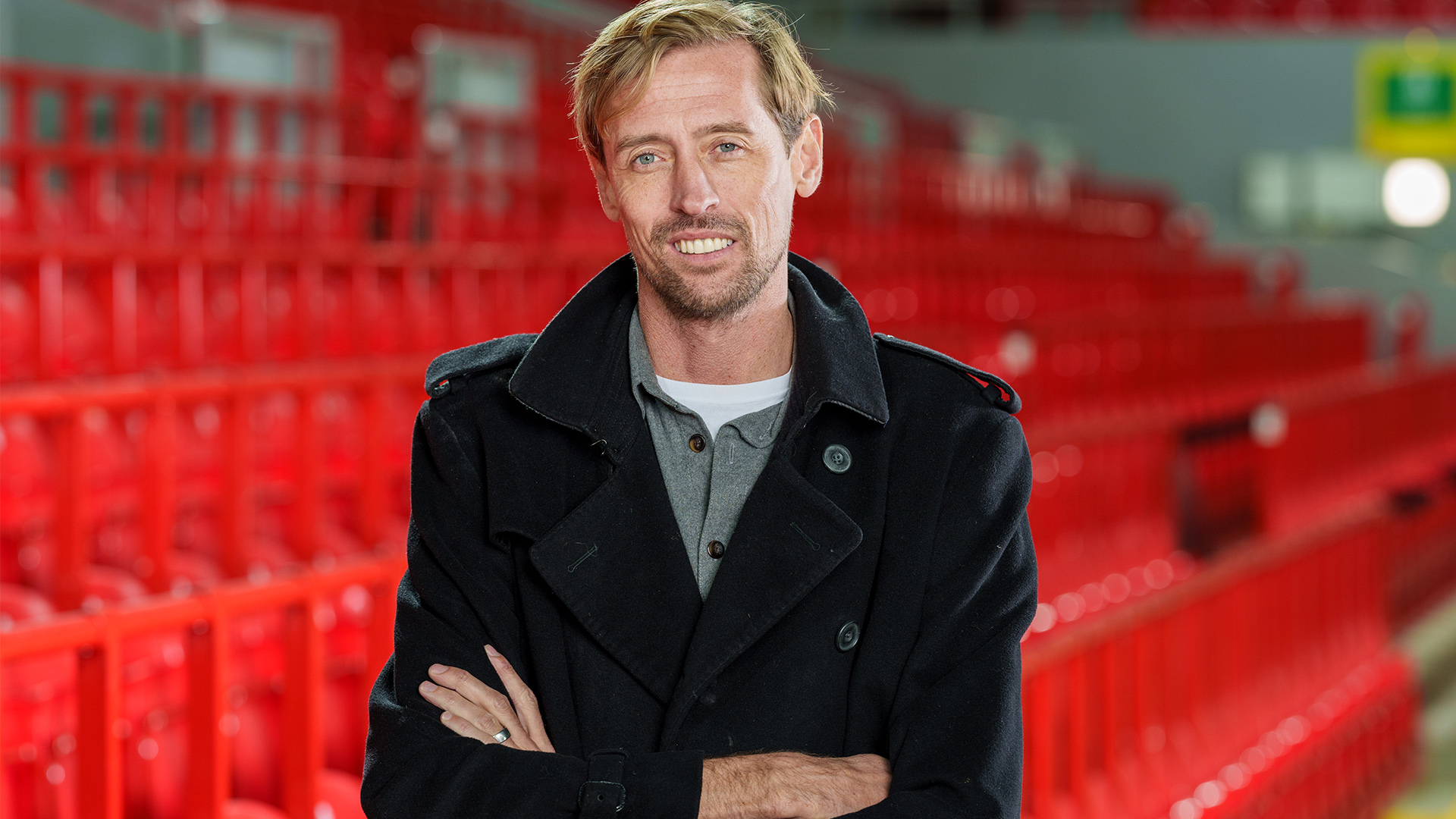Today is World Environment Day

World Environment Day is on 5 June this year. This annual event (held since 1973) is held by the United Nations environment programme and each year has different themes – this year it’s plastic waste and what solutions can we use to reduce plastic use and pollution. It’s a day to highlight environmental issues and aims to get people to think more deeply about the natural world and our place and impact on it.
There can be no doubt that humans are dirty and destructive. We plunder without limitation the earth’s natural resources; we kill animals, sentient creatures, for both food and pleasure; we pollute with our human-made and natural waste; we are a very selfish and arrogant species.
We have caused and continue to damage: our climate; overuse of natural resources; extinction of habitats and species and we’re about to start deep sea mining to destroy the sea-bed ecology. Rivers and the marine environment are convenient dumping grounds for sewerage, plastics, chemical products, and every other type of human-produced waste. Where we cannot burn waste from our consumerism, which itself causes atmospheric pollution, we bury it in landfill sites for future generations to be disgusted at.
The above we all know. But why are humans so destructive? Very few of us think we choose to damage our environment – although some do and we need, indeed must, do everything we can to thwart and prevent them. I think the root causes of our behaviours are threefold:
Tribalism
We all belong to tribes (even if it it’s the tribe of people who don’t want to be in a tribe). We want our tribe to be recognised as the ‘best’. Football, rugby, cricket etc are modern gladiatorial constructs where we can show our tribe is better than the others. Racism is a natural realisation of tribalism. Every tribe thinks it is special. This leads to destructive competition and wars.
Capitalism
Capitalism’s need for continued growth is unsustainable. Any politician who says we need continual growth is part of the problem. Capitalism does not benefit most people. The need for people to ‘work-or-die’ is slavery inherent in the system. It’s a false dream that one day you’ll have enough possessions to have a nice life. The acquisition of money and possessions drives a demand, and this demand can only be satisfied by fundamentally using more of the earth’s natural resources.
A good local example of where capitalism is given priority over nature is the creation of the Teesside Freeport. The dredging up of decades of dumped chemicals has caused mass marine die-offs along the North-East coast, yet it continues unabated.
Culturally
We are programmed to equate success in life with the acquisition and ownership of possessions, money, land, cars, houses, clothes, technology, etc. Society respects wealth and position – celebrity culture, royalty, honours system, are all examples of this. We all like our comfortable lifestyle and are averse to change.
We object to protestors who disrupt our lives. We think they’re troublemakers, unwashed, idiots etc. and we get angry at their actions. We blame them for their actions rather than look at the reason they are protesting. It’s easier for us to have a pop at the protestors than to get angry about the reason they’re protesting. Just Stop Oil, Animal Rising, Extinction rebellion etc – you may be annoyed at their tactics and actions; but do you believe their causes to be unjust?
So inherently we all do indeed choose to damage our environment. Every single one of us. We may not think it, we may not like it to be pointed out, but by continuing to benefit from environmental damage we are condoning it, we are encouraging it. How much different would it be if we truly respected honesty, integrity, intelligence, and character?
“Cause no harm, leave no trace” is an ideal none of us attain.
So, having said we’re all rather disgusting and hypocrites, what is the point of my writing? If I haven’t lost you by now, thank you! What I’d like to do is to ask you to look around. Appreciate the beauty and magnificence of the natural world. Everywhere we look there is beauty to be seen. Let’s enjoy what we have now before it’s too late. Humanity may very well be on a self-destruct path, wrecking our climate and environment but nature will survive our passing.
We care for and look after what we love. Let’s fall in love again with our natural world.


We need your help! The press in our country is dominated by billionaire-owned media, many offshore and avoiding paying tax. We are a citizen journalism publication but still have significant costs. If you believe in what we do, please consider subscribing to the Bylines Gazette 🙏

:quality(70):focal(-5x-5:5x5)/cloudfront-ap-southeast-2.images.arcpublishing.com/tvnz/CNQB4QAABRC2LDPKEWNWMZNNTQ.png)











